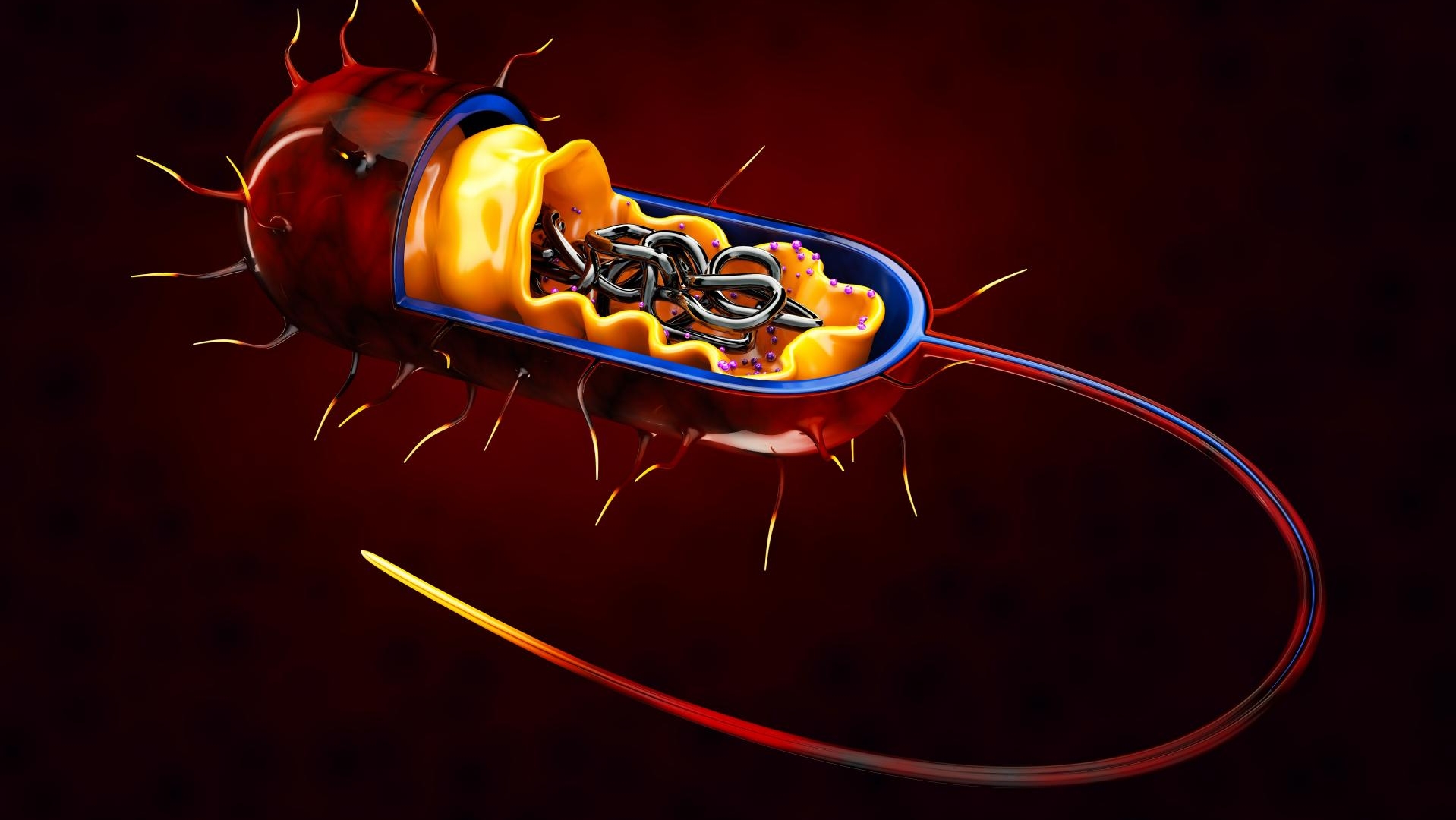
-
Plasmid DNA
The plasmid is an extra-chromosomal stable genetic factor ranging from 1-200 kb in size. Plasmids are double-stranded, closed-loop DNA molecules presenting as super-coiled state in host cells. There are three most commonly used methods of plasmid DNA extraction: alkaline lysis, boiling and detergent (such as Triton and SDS) lysis. Alkaline lysis is one of the most widely used methods for extracting plasmid DNA. The principle is: chromosomal DNA is much larger than plasmid DNA, and chromosomal DNA is a linear molecule, while plasmid DNA is a covalently closed circular molecule. When the DNA solution is treated with alkaline, the linear chromosomal DNA is easily denatured, while the covalently closed plasmid DNA can return to its natural conformation once the solution returns to neutral. The denatured chromosomal DNA fragments bind with the denatured protein and cell debris to form precipitate, while the renatured super-coiled plasmid DNA molecules remain in the liquid phase in a dissolved state. After removing the precipitate by centrifugation, the plasmid DNA can be recovered from the supernatant.
TIANGEN’s plasmid DNA extraction kits adopt the alkaline lysis method, and the plasmid DNA is purified using spin columns based on silica matrix adsorbent materials. The principle is that plasmid DNA can be bound to a silica substrate in a high salt environment, and eluted from the silica substrate with a low salt buffer or water. The purified plasmid can be used for molecular biology experiments such as restriction enzyme digestion, PCR, sequencing, bacterial transformation, transfection, etc.
-
TIANprep N96 Magnetic Plasmid Kit
Rapid, simple and efficient extraction of plasmid DNA, suitable for integration with high throughput workstations.
-
TIANprep Rapid N96 Plasmid Kit
High throughput, rapid extraction of small amount of plasmid
-
TIANprep N96 Plasmid Kit
Real-time monitoring of lysis status and high-throughput extraction of high-purity plasmids



